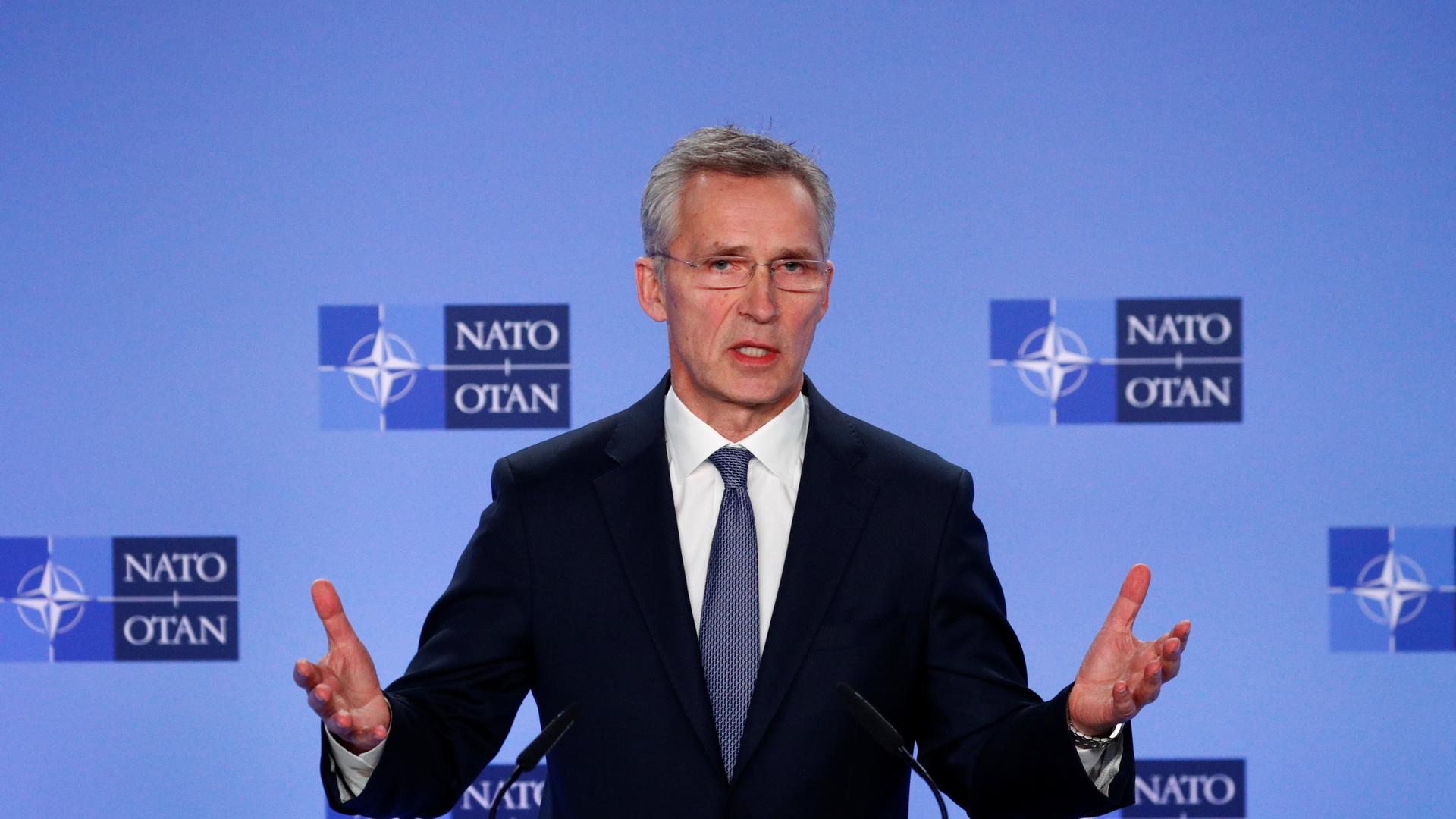Georgia’s track record as a dependable NATO ally and its geostrategic importance make a convincing case for the country’s membership to the Alliance.
Recently, Turkey’s Foreign Minister Mevlut Cavusoglu, called for the enlargement of NATO. Specifically, he mentioned the addition of Georgia to the Alliance.
Speaking at the World Economic Forum in Davos he said: “I don’t understand why we have not invited Georgia or we haven’t activated the action plan for Georgia to become a member.”
He went on to say: “We [Turkey] are criticised for having relatively better relations with Russia as a neighbour, but our western friends are not agreeing to invite Georgia because they don’t want to provoke Russia. But Georgia needs us and we need an ally like Georgia. So we need enlargement and Georgia should be made a member.”
He has a good point. Turkey has long been a supporter of Georgia’s NATO aspirations when many other members of the Alliance have dithered or wavered on the subject.
Few countries in Europe express as much enthusiasm for NATO as Georgia even though it is not a member. While the NATO–Georgian relationship has never been closer, Tbilisi cannot cross the finish line into full membership.
Georgia has been trying to join the Alliance for more than a decade. It was first promised eventual membership at the NATO Summit in Bucharest in 2008. Since then, this commitment to membership has been reaffirmed at each subsequent NATO summit.
As NATO Secretary-General Jens Stoltenberg said in December 2016: “Georgia has all the practical tools to become a member of NATO.”
This is why the delay towards real progress on membership is so frustrating for Georgians.
Foreign Minister Cavusoglu was right when he said “…we need an ally like Georgia”. Georgia is important to the Alliance for a few main reasons.
Firstly, Georgia is a proven and dependable ally. In 2012, when many NATO countries were rushing for the door in Afghanistan, Georgia added hundreds of troops to the mission there. At the height of the Georgian contribution to Afghanistan, it had more than 2,000 troops serving in some of the deadliest places in the country, if not the world, in Helmand and Kandahar provinces. Today, Georgia has almost 900 troops in Afghanistan making it the largest non-NATO troop contributor to the NATO training mission.
Secondly, Georgia’s strategic location makes it important for NATO. Fewer countries understand this better than Turkey. Located in the South Caucasus, Georgia sits at a crucial geographical and cultural crossroads and has proven itself to be strategically important for military and economic reasons for centuries.
Today, Georgia’s strategic location is just as important. Georgia offered its territory, infrastructure, and logistics capabilities for the transit of NATO forces and cargo for Afghanistan.
Over the years, Georgia has modernised key airports and port facilities in the country. This is particularly important when it comes to the Black Sea region. Key pipelines like the Baku–Tbilisi–Ceyhan pipeline, the Baku–Supsa pipeline, and the Southern Gas Corridor transit through Georgia, as do important rail lines like the recently opened Baku–Tbilisi–Kars railway.
Georgia’s journey to democracy is an example for the region. Since regaining independence in 1991 after the collapse of the Soviet Union, Georgia has been on a steady journey to democracy.
For the sake of regional stability, it is in America’s interest that Georgia remains on this path. Over the years, successive Georgian governments have pursued an agenda of liberalising the economy, cutting bureaucracy, fighting corruption, and embracing democracy. Since the peaceful Rose Revolution in 2003, Georgia has been firmly committed to the transatlantic community.
One of the biggest concerns NATO members have about inviting Georgia into the Alliance is the ongoing Russian occupation of 20 percent of the country. Russia uses its continued occupation of the Tskhinvali region (South Ossetia) and Abkhazia as the best way to keep Georgia out of NATO and other international organisations. This is a de-facto veto held by Moscow – and is unacceptable.
Luckily some have come up with creative ways to get Georgia into NATO without sparking a war with Russia. The only question remaining is if leaders on both sides of the Atlantic have the political will and the creativity required to make NATO membership possible for Georgia.
Georgia also represents the idea in Europe that each country has the sovereign ability to determine its own path, to decide with whom it has relations, and how and by whom it is governed. Territorial integrity must be respected and no outside actor (in this case, Russia) should have a veto on membership or relationships with organisations like NATO.
Georgia has transformed its military and has been steadfast in its support of NATO, as well as non-NATO overseas security operations. Georgia has contributed thousands of troops to Iraq and Afghanistan, and hundreds of peacekeepers to the Balkans and Africa.
Even with the Russian invasion and its aftermath, Georgia has not been deterred from getting closer to the West. This has made Georgia a net contributor to transatlantic security.
It is time for the Alliance to make progress on this issue of membership, follow the advice of Foreign Minister Cavusoglu, and get Georgia into NATO.
Author: Luke Coffey
Luke Coffey is the Director of the Foreign Policy Center at The Heritage Foundation, a Washington DC based think-tank.
Source










Discussion about this post